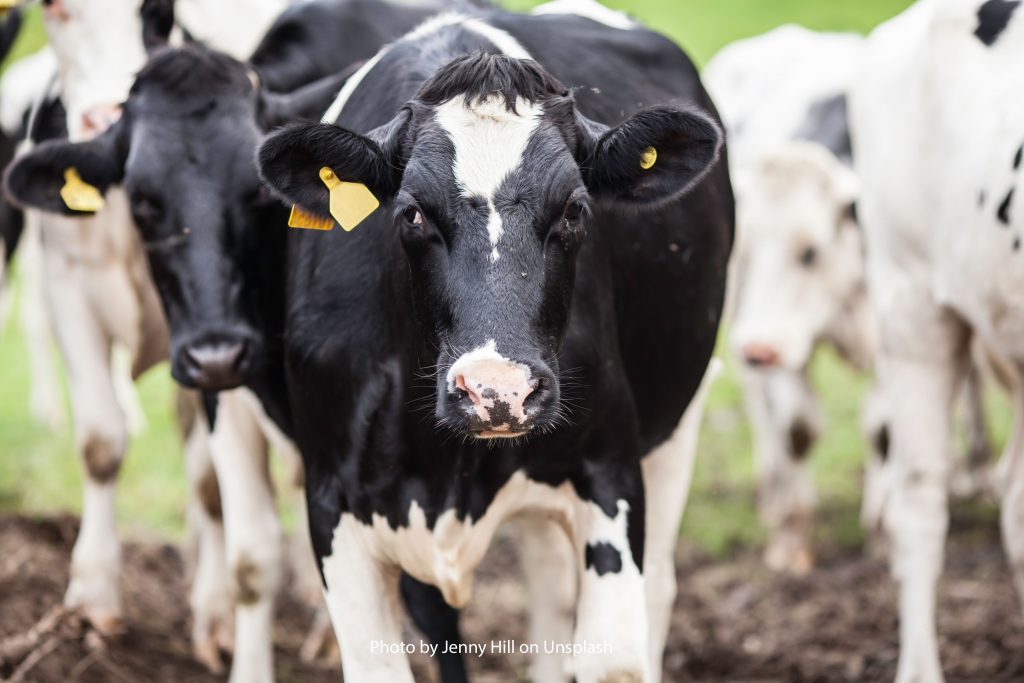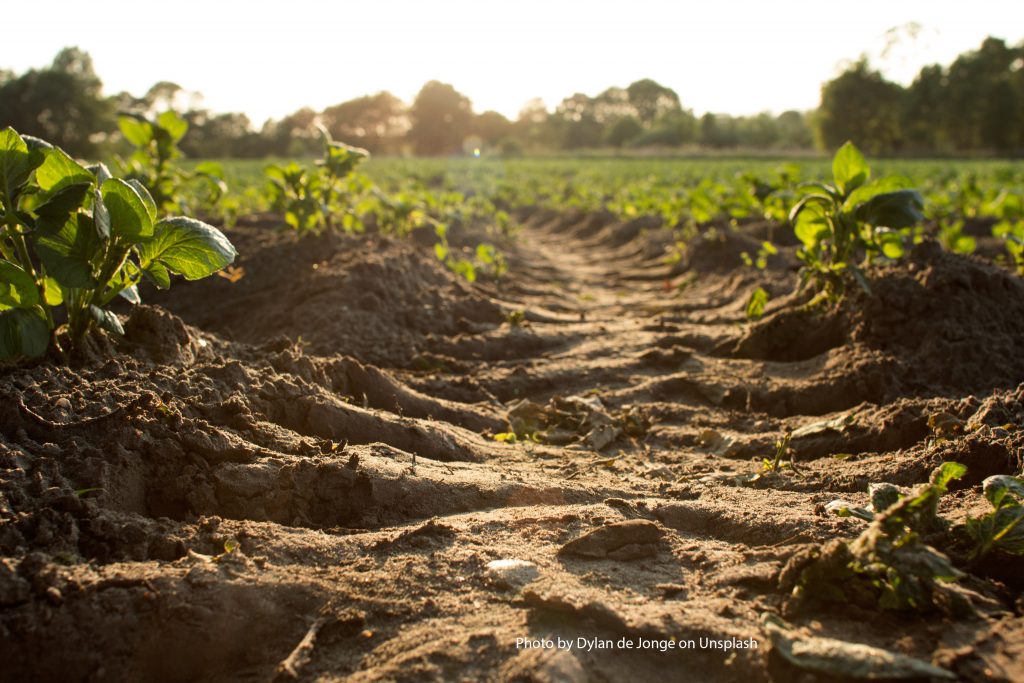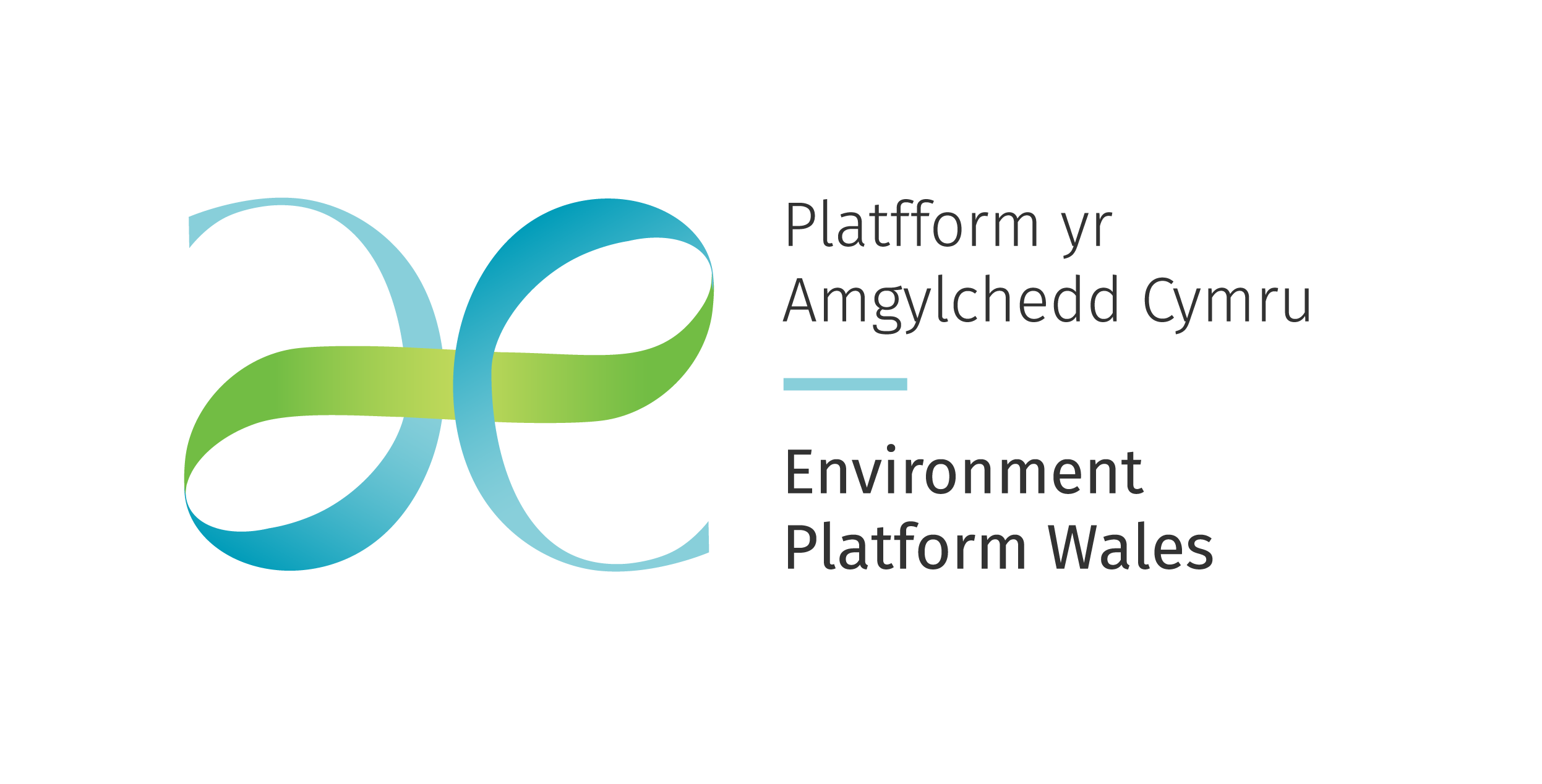


Sponsored content, courtesy of John Richards, Hybu Cig Cymru
My training as an agricultural economist in Wales meant that joining Hybu Cig Cymru – Meat Promotion Wales was a natural step for me.
As well as its highest-profile role of marketing our brands – Welsh Lamb, Welsh Beef, and pork – Hybu Cig Cymru (HCC) also has a key role in helping to develop the whole industry, which is an unusual one in that on one side of the supply chain it depends a lot on a large number of small producers.
HCC therefore acts on behalf of farmers, butchers and processors to collate and analyse industry data, and it’s in the field of market intelligence that I spent my early years at HCC.
Nowadays, my brief is broader, covering the whole area of industry development which family farms and other small businesses find challenging to do effectively themselves; research and development, encouraging efficiency and sustainability, and promoting innovation and co-operation across the supply chain.
I took on this role at quite a challenging time! The danger of a Brexit with no trade deal, which could bring tariffs of between 40% and 80% for red meat, has hung over us since 2016 and still hasn’t disappeared. We have built globally-recognised premium brands in PGI Welsh Lamb and PGI Welsh Beef, and export over a third of our lamb production each year.
Also this year of course we’ve had the COVID-19 pandemic, which led to a major shift in demand and huge instability in market prices in the spring, although great support from consumers has seen things stabilise in recent weeks.
“The Coronavirus has disrupted many of our programmes. It’s meant doing things in different ways, learning new technologies, interacting with farmers and processors over Teams calls, and having to be adaptable…”
With the help of the last tranche of European finding, the Welsh Government has entrusted HCC to deliver a major programme of work – the Red Meat Development Programme – which aims to equip the industry for the challenges of the future.
The Programme is applying the latest technologies and approaches from across the world to promote efficiency and sustainability right across the supply chain, from farm to fork.
This involves helping Wales’s hill farmers to invest in recording the performance of breeding stock to produce the kind of lambs that the market requires. It involves analysing how to make the taste of Welsh Lamb as consistently excellent as possible – with new research on the animals’ diet and processes along the supply chain, verified by a series of consumer taste tests.
The Programme also entails bringing vets and farmers together in a major project to promote proactive flock and herd health management. Exceptionally high standards of health and welfare is what consumers want, and it also has a benefit to the bottom line of farm businesses and in reducing greenhouse gas emissions.
The hope is that this work will support our beef and sheep farmers to become world leaders in the quality of the food they produce, and in the sustainability of how they produce it; the industry needs to be sustainable in an environmental, economic and cultural sense.
“One of the biggest frustrations for me in current discussions of red meat and sustainability is that it too often takes the global average to be representative of all methods of production. This risks ignoring the reality of how we farm and produce food in Wales….”
We already have a positive story to tell. Beef and sheep in Wales are overwhelmingly reared using natural grass and rainwater, in low-intensity systems on land that would not be suitable for arable crops, and with high standards of welfare and land management.
The way we produce can be an exemplar of sustainable meat production, and contribute to mitigating climate change through carbon capture.
But to do this effectively we must gather robust evidence on best practice where Wales is leading the world, and lead change to improve further towards a goal of net zero emissions.
I was part of the team that produced HCC’s first ‘Red Meat Roadmap’ almost a decade ago, looking at the wide range of measures that farmers and processors could take to reduce waste and increase efficiency and sustainability – steps that have in many cases been made and have informed our Red Meat Development Programme.
“Now we’re moving this work forwards, and this year are producing a new ‘Sustainability Roadmap’ for the whole sector. As we see it, future consumers will want to be reassured that their meat is produced in tune with the environment, so this work is a key strategic investment for HCC….”
We’re delighted to be part of the Environment Evidence 2020 conference, to help inform our current work on the Red Meat Development Programme, and our future vision through the Roadmap. It offers a great opportunity to engage with experts from across the academic and policy fields, to share different perspectives on how we work to what I feel should be our common goal – a thriving, diverse livestock farming sector which acts as a driver of the economy and culture of rural Wales, and delivers the environmental goods that the whole society needs.

John Richards is Hybu Cig Cymru’s Industry Development and Relations Manager, responsible for programmes to develop competitiveness and sustainability of the sector across the supply chain. This includes the transformational five-year Red Meat Development Programme, funded by the EU and Welsh Government. A native of Llandovery, John has long experience of working in agriculture. Trained as an agricultural economist, he served as Industry Information Executive with HCC, and previously worked at the Royal Welsh Agricultural Society. Find out more about the work of Hybu Cig Cymru.



